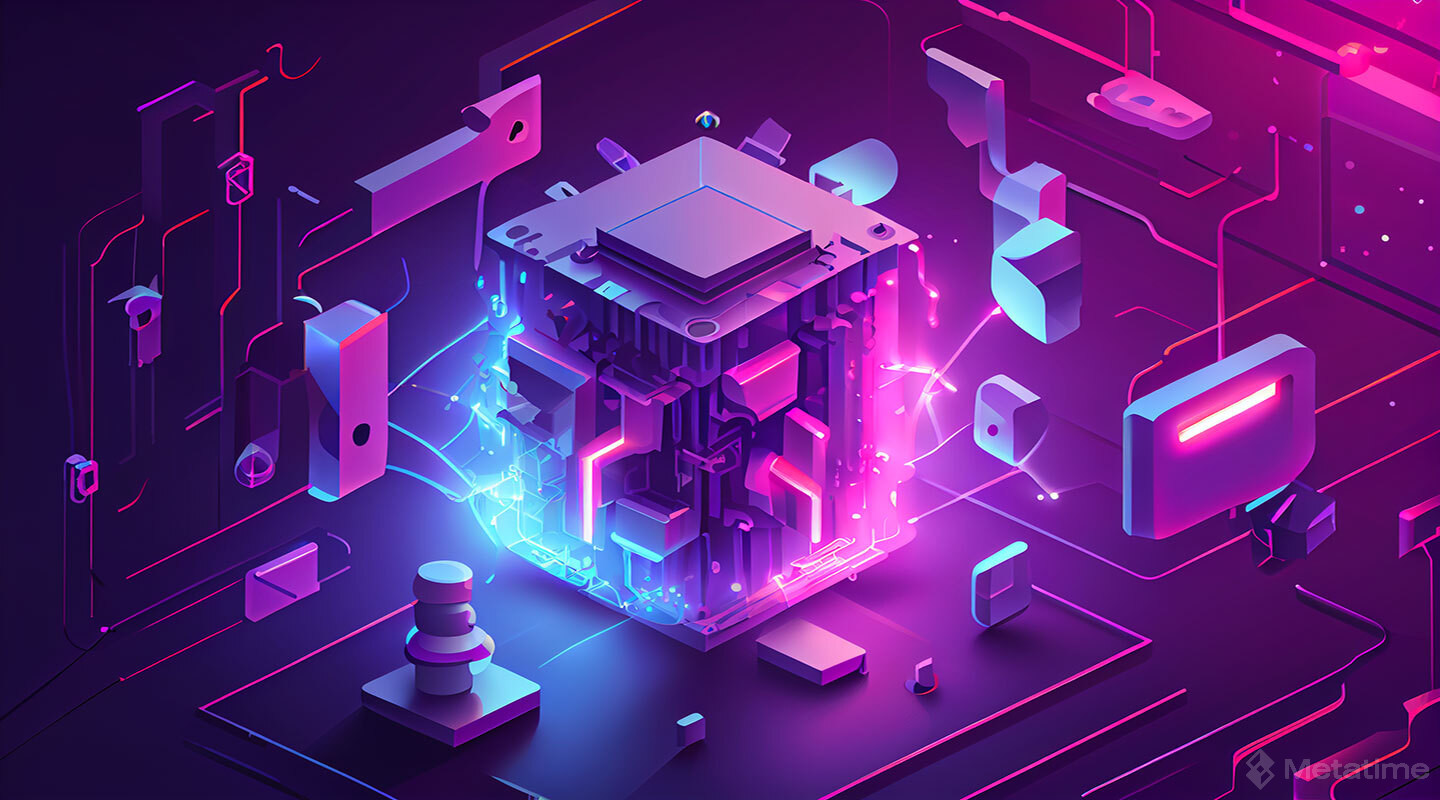A hard fork is the upgrade of all nodes and users to the latest version of the protocol software. A fork can be performed by developers or users who are dissatisfied with the functionality offered by existing blockchain networks. A hard fork is also considered a way to raise funds for new projects or cryptocurrency offerings. A hard fork is when the nodes of the new blockchain network refuse to accept the old network. This creates a split between blockchain networks.
A hard fork usually happens when new nodes add new rules that old nodes cannot accept. New nodes can only interact with nodes using the new version. As a result of a hard fork, two different networks emerge: one that uses the old rules and one that uses the new rules.
This means that two networks are running in parallel. Even though the two networks don't run on the same blockchain, they remain connected in relation to blocks and transactions. Before the hard fork happens, all nodes run on the same blockchain network. But once the hard fork happens, they have two different sets of blocks and transactions.
A hard fork is a situation where nodes belonging to the new version of the blockchain network will no longer accept the old version of the blockchain network. The basis of forks is the addition of new rules to the code, and these rules follow the improved blockchain network.
What Is Blockchain Protocol?
Every blockchain network depends on protocols that must be followed by the network participants. These protocols are specific parameters and standards that all participants must adhere to, such as mining, staking, nodes, transaction features, etc.

How Do Forks Work?
A fork on a blockchain network can happen on any cryptocurrency platform. The reason is that blockchain networks and cryptocurrencies work in the same way, regardless of the platform.
Developers on the blockchain network must agree on the new rules to be created and on a valid block on the network. When a rule on the blockchain network is changed, a fork is required to indicate a change in the protocol. After the fork is performed, the agreed developers can update the new rules.
What Are the Reasons for Hard Fork?
Here are some situations that cause a hard fork to be performed:
- A hard fork is needed to fix vulnerabilities in an older version of a blockchain network.
- A hard fork is needed to add a new feature to the blockchain network.
- A hard fork is needed to reverse transactions on a blockchain network.
What Happens as a Result of Hard Fork?
The nodes in the new version cannot work in harmony with the nodes in the old version. This results in a hard fork. As a result of a hard fork, two blockchain networks are created and the rules in the new version are not compatible with the rules in the old version. Nodes need to update themselves according to the new rules.

What Are the Differences Between Hard Fork and Soft Fork?
The key difference between a hard fork and a soft fork is that when a hard fork occurs, nodes using the old and new versions of the two blockchain networks cannot work in harmony with each other within the new rules, whereas when a soft fork occurs, all nodes can work together to implement the new rules.
Soft forks add new rules and regulations with fewer changes than hard forks. Hard forks, however, contain enough rules and regulations that the structure of the blockchain network needs to be split in two.
The two types of forks have similarities as well as differences. Hard forks and soft forks are organized in response to requests for changes or updates from the developers of the blockchain network and users of cryptocurrencies.







